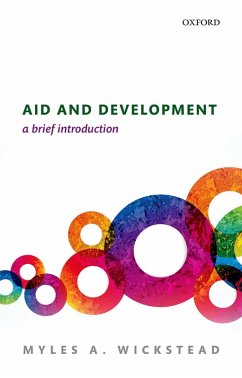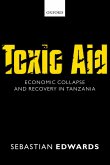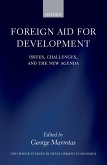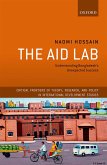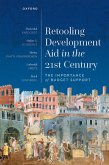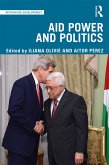There are many books about aid and development, but most of them either assume a good deal of prior knowledge about the subject, or are written to make the case for or against aid. The first part of this volume is intended to put aid and development into their historical and political context, beginning with the post-World War Two settlement, showing how they have been shaped by that context and in particular by the Cold War and the decolonisation process. It shows how the end of the Cold War led to new development priorities and a new aid compact with a much stronger emphasis on issues like governance, rights and democratisation, beginning with the countries of eastern and central Europe and then more generally. It traces the path by which the reduction of poverty has taken centre-stage as the key objective of aid and development over the past quarter of a century, and looks at priorities for a new set of Sustainable Development Goals that will provide the framework for aid and development efforts for the next 15 years. It looks at the shifting balance of global power, and suggests ways in which international institutions need to adjust to reflect that balance. The second part is a Compendium of key words and concepts mentioned in Part One, and further background on some of the major international organisations and institutions with a role in aid and development.
Dieser Download kann aus rechtlichen Gründen nur mit Rechnungsadresse in A, B, BG, CY, CZ, D, DK, EW, E, FIN, F, GR, HR, H, IRL, I, LT, L, LR, M, NL, PL, P, R, S, SLO, SK ausgeliefert werden.

